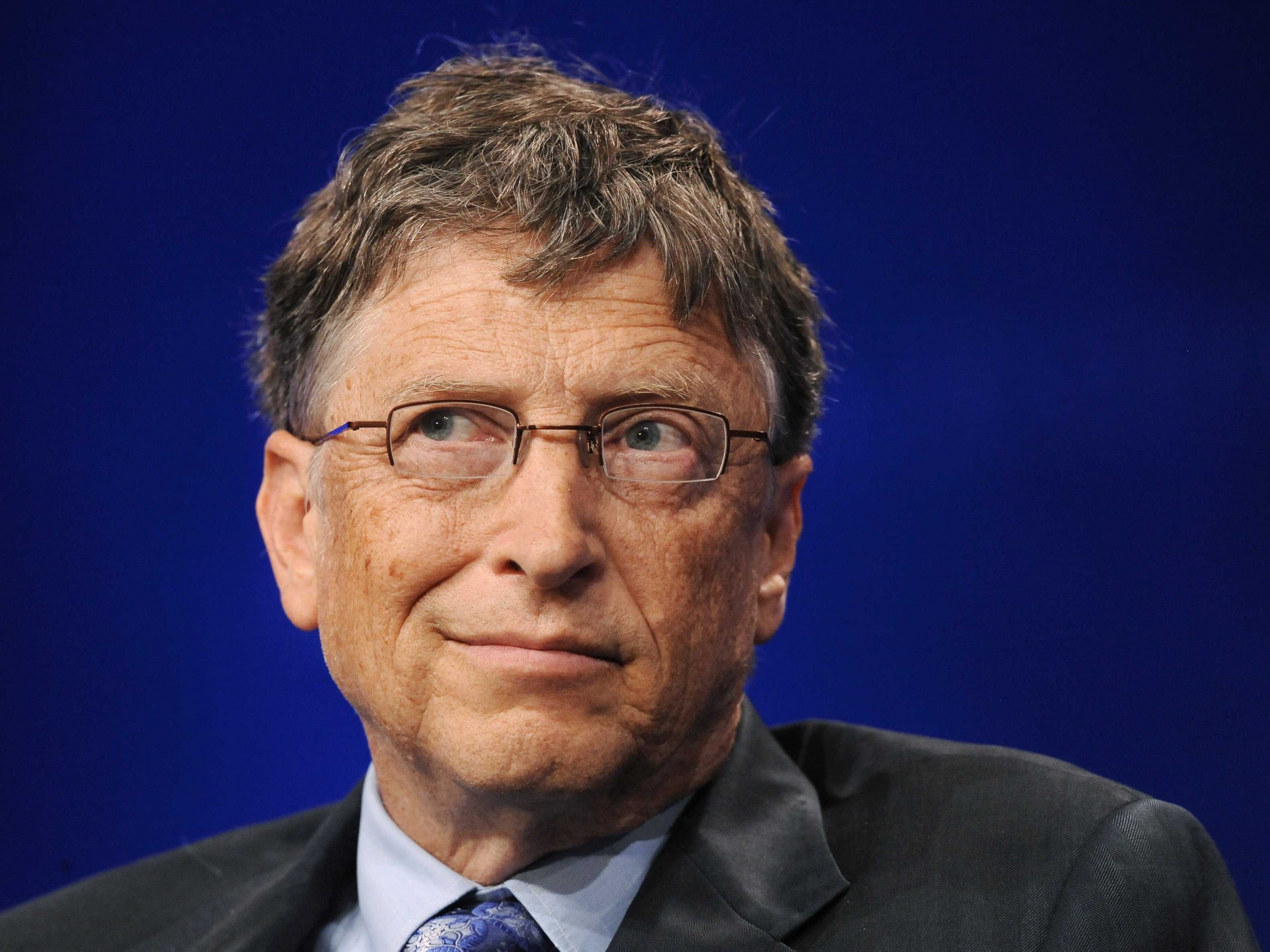(29th Feb 2016) Robert Whitcomb , Managing Editor of the Boston Global Forum shared his view about The Terrorist’s iPhone

The U.S. government has the much stronger argument in its battle with Apple over getting access to information in the iPhone of one of the two San Bernardino terrorists.
The fact is, as Microsoft founder Bill Gates told the Financial Times “This is a specific case where the government is asking for access to information.’’
“They are not asking for some general thing; they are asking for a particular case.”
“It is no different than the question of should anybody ever have been able to tell the phone company to get information, should anybody be able to get at bank records” to investigate a crime, Mr. Gates added
And the government’s case rests on centuries of law holding that “no item — not a home, not a file cabinet and not a smartphone — lies beyond the reach of a judicial search warrant” in investigating crimes, Manhattan District Attorney Cyrus Vance noted.
There exists no “right of privacy” to withhold evidence of a crime. The idea that the cellphone is a privileged device that must be off-limits to law enforcement is absurd.
The fact is that a federal court is not telling Apple to create a “backdoor’’ that puts all users in danger of being hacked by identity thieves. It has told Apple to help the Federal Bureau of Investigation get into a single iPhone in order to obtain information that might prevent other people from being murdered by ISIS-related terrorists.
We don’t want to break anyone’s encryption or set a master key loose on the land,” FBI Director James Mr Comey said.
A federal judge ordered Apple to create software to let the FBI try every password possible without the phone’s data disappearing. Apple chief executive Tim Cook asserts that such a “backdoor” tool could be used on other phones. But Apple could safely create and control the software to unlock a specific device when the
government obtains a warrant detailing compelling circumstances. It’s difficult to think of circumstances more compelling than terrorism.
Law enforcement must have the tools to keep up with criminals, who increasingly use such tools as encryption, Bitcoin currency and disappearing messages. In this case, Apple, rather than focusing on fears that the publicity connected with letting the U.S. government get into a single cellphone might hurt its gigantic profits, should focus on saving the lives of potential future terrorism victims.
Apple should consider the public welfare and hand over to the government access to the information that phone.
See more
The U.S. government has the much stronger argument in its battle with Apple over getting access to information in the iPhone of one of the two San Bernardino terrorists.
The fact is, as Microsoft founder Bill Gates told the Financial Times, “This is a specific case where the government is asking for access to information.’’
“They are not asking for some general thing; they are asking for a particular case.”
“It is no different than the question of should anybody ever have been able to tell the phone company to get information, should anybody be able to get at bank records” to investigate a crime, Mr. Gates added
And the government’s case rests on centuries of law holding that “no item — not a home, not a file cabinet and not a smartphone — lies beyond the reach of a judicial search warrant” in investigating crimes, Manhattan District Attorney Cyrus Vance noted.
There exists no “right of privacy” to withhold evidence of a crime. The idea that the cellphone is a privileged device that must be off-limits to law enforcement is absurd.
The fact is that a federal court is not telling Apple to create a “backdoor’’ that puts all users in danger of being hacked by identity thieves. It has told Apple to help the Federal Bureau of Investigation get into a single iPhone in order to obtain information that might prevent other people from being murdered by ISIS-related terrorists.
We don’t want to break anyone’s encryption or set a master key loose on the land,” FBI Director James Mr Comey said.
A federal judge ordered Apple to create software to let the FBI try every password possible without the phone’s data disappearing. Apple chief executive Tim Cook asserts that such a “backdoor” tool could be used on other phones. But Apple could safely create and control the software to unlock a specific device when the
government obtains a warrant detailing compelling circumstances. It’s difficult to think of circumstances more compelling than terrorism.
Law enforcement must have the tools to keep up with criminals, who increasingly use such tools as encryption, Bitcoin currency and disappearing messages. In this case, Apple, rather than focusing on fears that the publicity connected with letting the U.S. government get into a single cellphone might hurt its gigantic profits, should focus on saving the lives of potential future terrorism victims.
Apple should consider the public welfare and hand over to the government access to the information that phone.